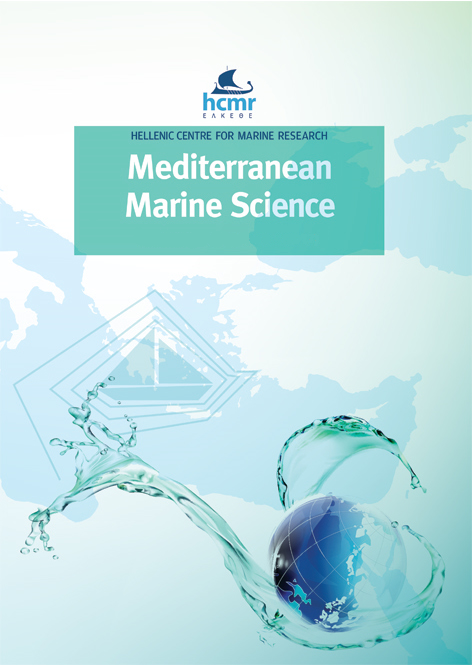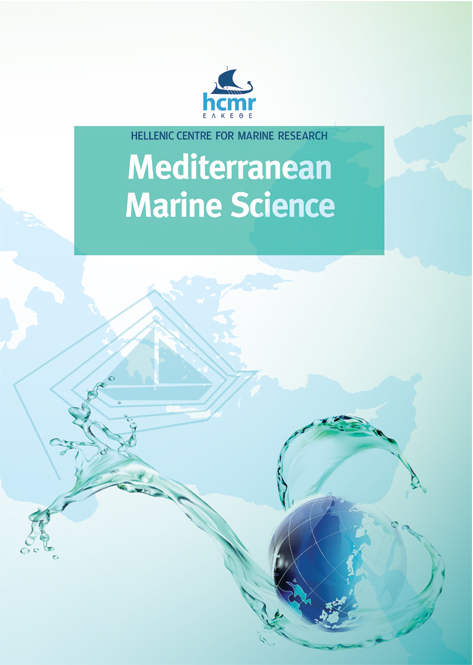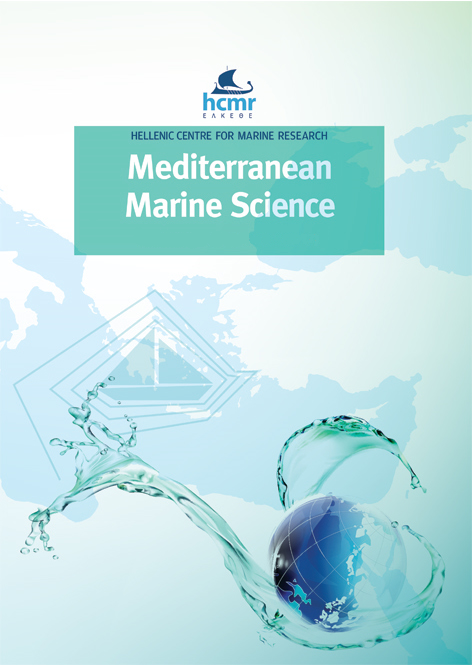Not only summer matters: spring warming shapes the gorgonian condition when facing marine heatwaves
Аннотация
Accelerated spring warming is one of the less studied consequences of global change. This study aimed to evaluate the effects of an accelerated increase in seawater temperatures during spring on respiration and zooplankton capture rates, as well as the resulting nutritional condition of one of the main structural species of coastal Mediterranean benthic communities, the red gorgonian Paramuricea clavata. Fragments of red gorgonian colonies were maintained in aquaria under historical and accelerated spring temperature rises. While P. clavata was able to acclimate and maintain constant respiration rates during historical spring conditions, accelerated warming resulted in significantly higher respiration rates. Conversely, the zooplankton capture capacity was not affected. As a result, gorgonians were significantly depleted in organic matter and overall energy content after accelerated spring warming. These results highlight the crucial role of spring thermal conditions in shaping the health condition of P. clavata when facing high summer temperatures, and potential heatwaves.
Article Details
- Как цитировать
-
DEL ALCÁZAR-JULIÀ, A., VILADRICH, N., GORI, A., & LINARES, C. (2025). Not only summer matters: spring warming shapes the gorgonian condition when facing marine heatwaves. Mediterranean Marine Science, 26(4), 804–814. https://doi.org/10.12681/mms.41024
- Раздел
- Research Article
Authors who publish with this journal agree to the following terms:
- Authors retain copyright and grant the journal right of first publication with the work simultaneously licensed under a Creative Commons Attribution Non-Commercial License that allows others to share the work with an acknowledgement of the work's authorship and initial publication in this journal.
- Authors are able to enter into separate, additional contractual arrangements for the non-exclusive distribution of the journal's published version of the work (e.g. post it to an institutional repository or publish it in a book), with an acknowledgement of its initial publication in this journal.
- Authors are permitted and encouraged to post their work online (preferably in institutional repositories or on their website) prior to and during the submission process, as it can lead to productive exchanges, as well as earlier and greater citation of published work (See The Effect of Open Access).








